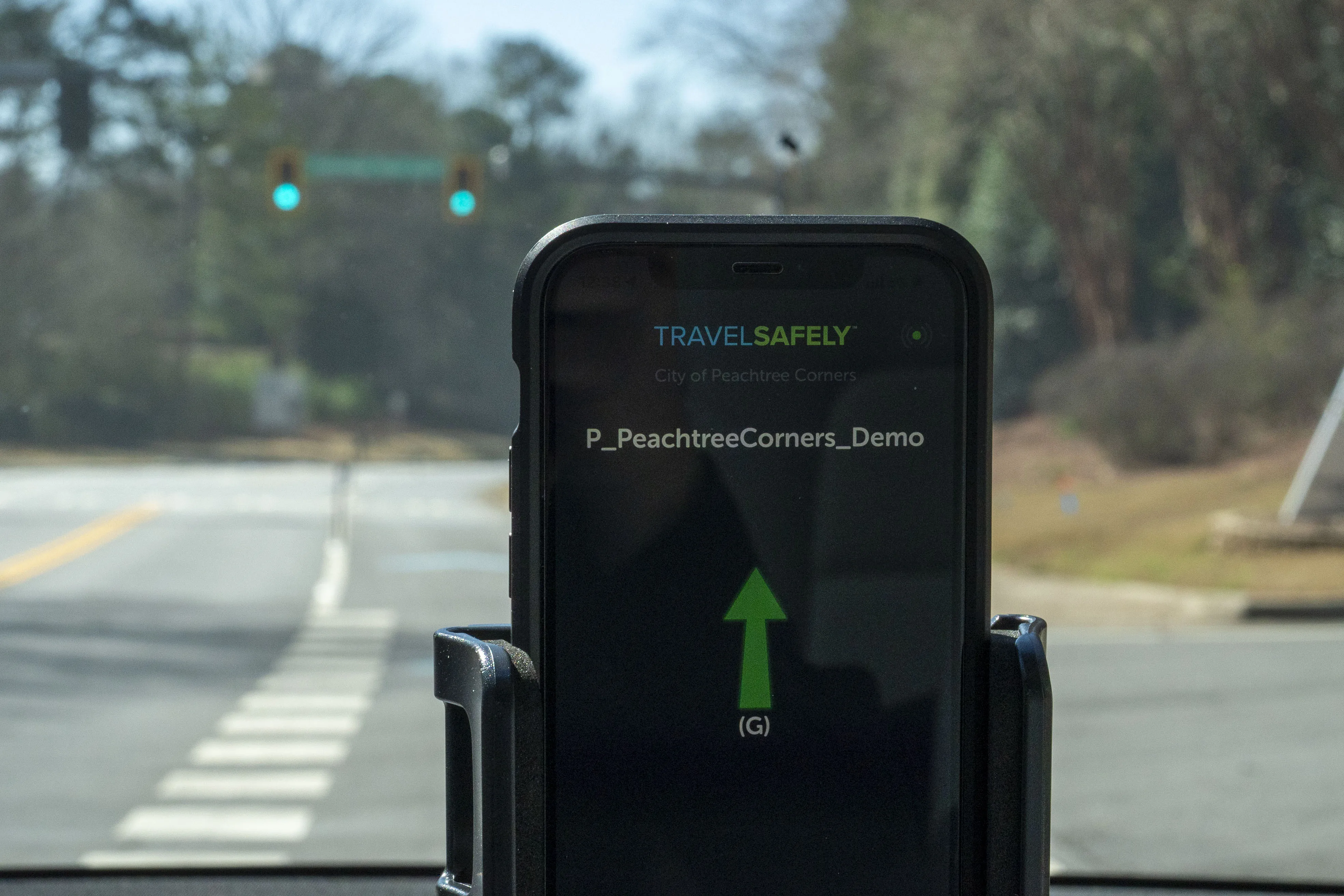Beginning this week, road users on the A58 motorway between Eindhoven and Tilburg in the Netherlands can test the rapid data infrastructure for their Shockwave traffic jam service. Thirty-four wi-fi beacons on the motorway ensure that the FlowPatrol and ZOOF apps transmit traffic warnings before the driver reaches the congestion.
At the moment, the infrastructure is only being used by the Shockwave traffic jam services provided by FlowPatrol and ZOOF, but drivers on the A58 can expand their service to participate in the test. This requires a Talking Traffic kit to be installed in the vehicle, connected to the driver’s smart phone to facilitate rapid communication with the wi-fi beacons, providing the driver with real-time, personalised travel advice.
The Shockwave project partners believe their development could provide the building blocks for new in-vehicle mobility services in the vehicle, such as a warning system for roadworks, weather conditions or approaching emergency services, or a system that communicates with traffic lights to inform drivers of the time to green, or that can assign priority to certain traffic flows. The developments have been based on international standards and the project partners say that new services can be easily can be easily implemented.
Next phase in Dutch Shockwave traffic jam service: mobility services
Beginning this week, road users on the A58 motorway between Eindhoven and Tilburg in the Netherlands can test the rapid data infrastructure for their Shockwave traffic jam service. Thirty-four wi-fi beacons on the motorway ensure that the FlowPatrol and ZOOF apps transmit traffic warnings before the driver reaches the congestion. At the moment, the infrastructure is only being used by the Shockwave traffic jam services provided by FlowPatrol and ZOOF, but drivers on the A58 can expand their service to parti
April 27, 2016
Read time: 2 mins








